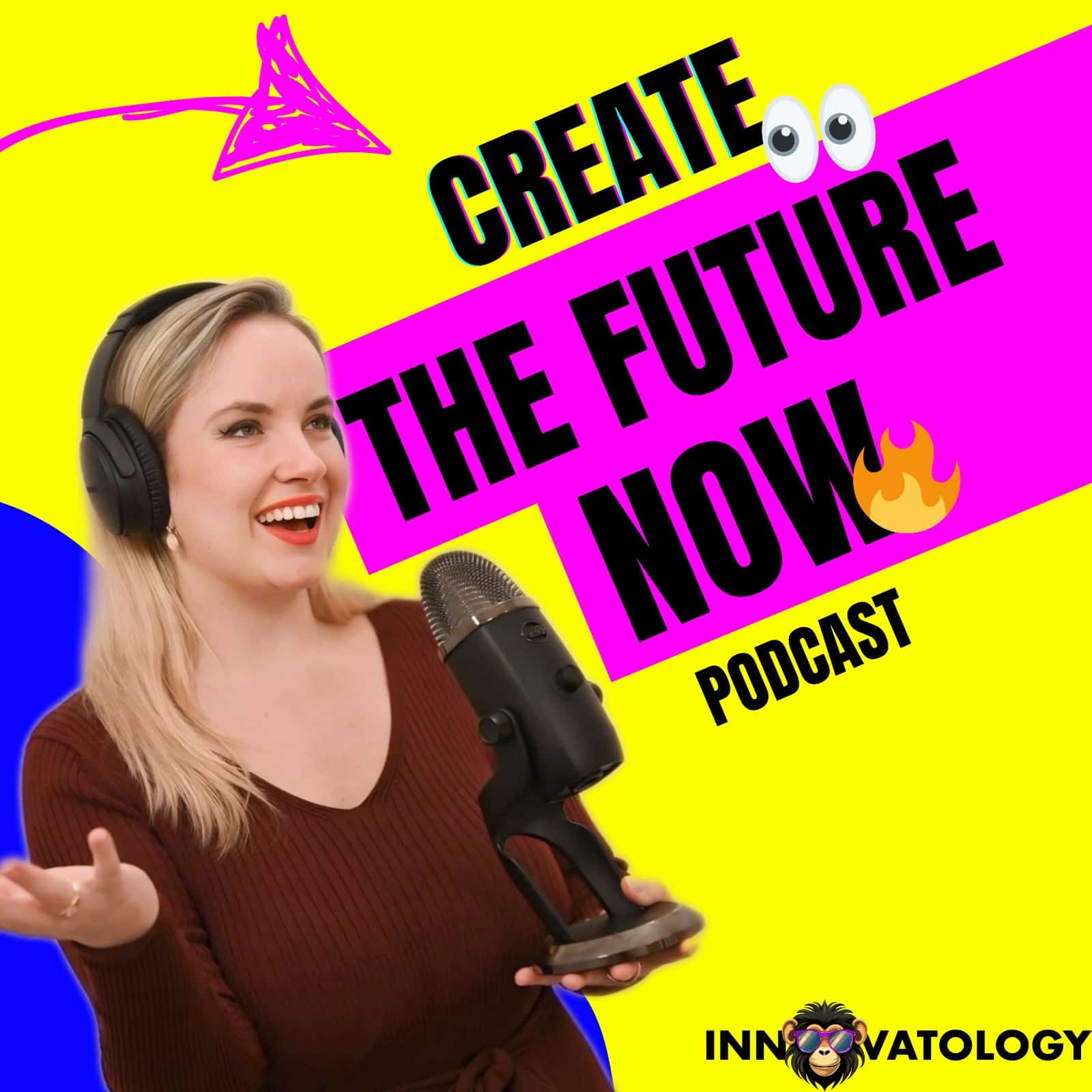In collaboration with The Global Peace Chain and For Classmates; Marie had an in-depth discussion with Marek Liska about how technology can accelerate education to bridge the inequality gaps
Transcript;
00:00:01
Alright, so hello everyone and welcome to our discussion about leveraging education technology to bridge inequalities gaps. In collaboration with the global peace chain, we are about to kick off the discussion on the critical role of educational technology in providing equal opportunities. This event focuses on how innovative tools and platforms are transforming education for underserved communities worldwide. This discussion is also hosted in collaboration with Innovatology, which is not just about decoding the latest technological trends, it’s a lifestyle that integrates technology into enhancing both personal and professional lives. Through educational courses and community engagement, Innovatology also shares the United Nations SDGs values. So definitely check it out on the YouTube channel, just write Innovatology and you can find out how you can innovate your ideas or different fields via the technology and also get some more inspiration for the innovations.






